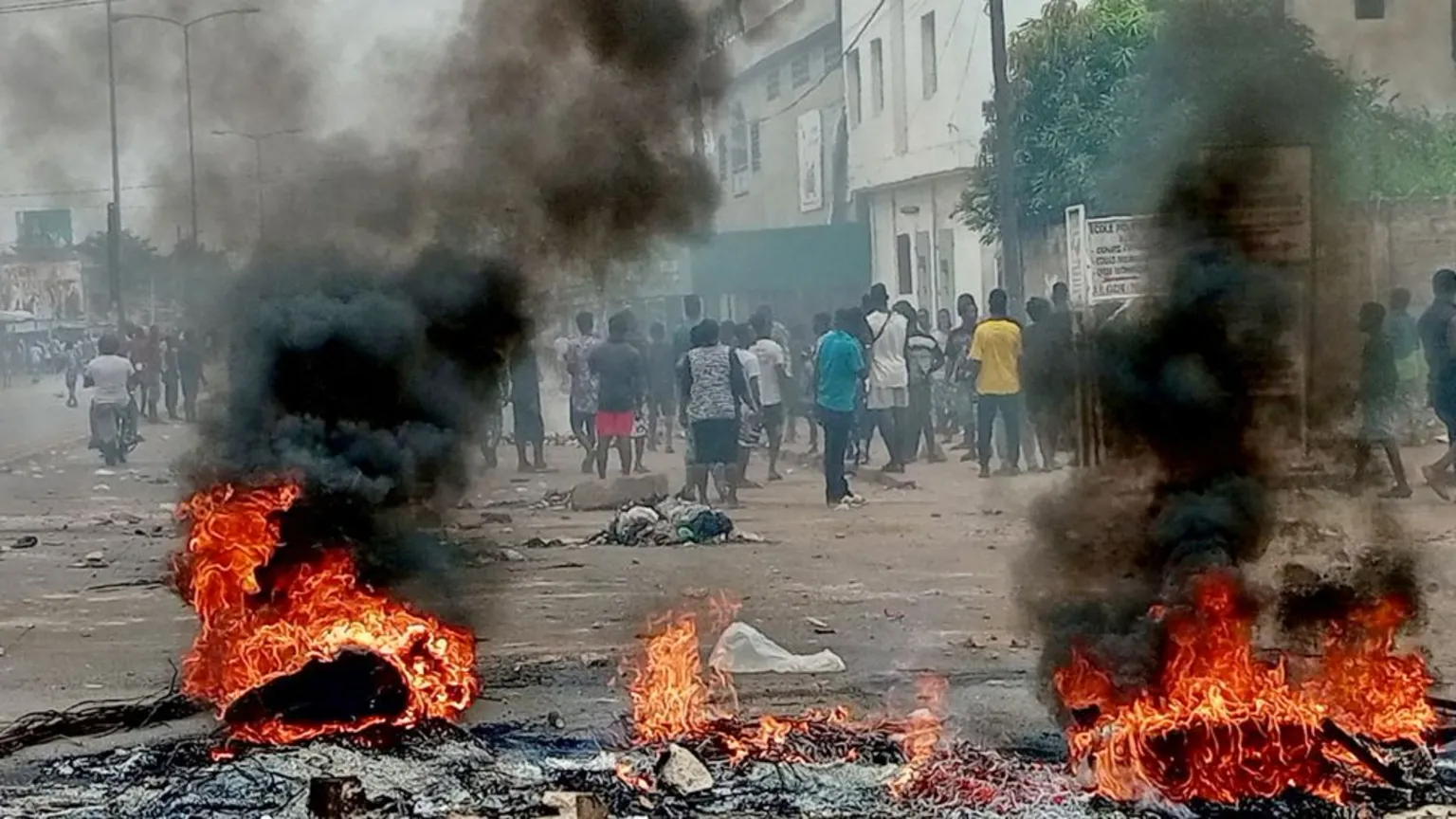Togo is once again in political turmoil as widespread protests erupt in the capital, Lomé, over a controversial new constitution that critics say cements President Faure Gnassingbé’s grip on power. The new charter, passed earlier this year, effectively eliminates presidential term limits and enables Gnassingbé to transition into an all-powerful prime ministerial role. This dramatic shift has fueled widespread outrage, particularly among the country’s restless youth.
Friday’s demonstrations mark the latest in a string of public outcries against the government’s perceived efforts to entrench authoritarian rule. While security forces have responded with force, leaving at least five people dead in recent weeks, the protests continue to swell. What makes this moment different is the force driving it: not the usual opposition parties, long weakened by state pressure, but a new generation of politically aware, digitally connected, and deeply disillusioned young Togolese.
These young protesters, many of whom have little memory of life before the Gnassingbé dynasty, are taking to the streets with a clear message: enough is enough. Faure Gnassingbé has been in power since 2005, succeeding his father, Gnassingbé Eyadéma, who ruled the country for 38 years. For many, the Gnassingbé name has become synonymous with decades of stifled opportunity, shrinking democratic space, and chronic economic hardship.
Tensions escalated following local elections held last week, which the ruling party dominated under what many international observers described as unfair conditions. Opposition candidates faced restrictions, media coverage was tightly controlled, and security forces intimidated voters in known opposition strongholds. Despite this, it wasn’t the political parties that galvanized public resistance. Instead, it was the youth, organized through grassroots networks and social media, who took the lead.
These young voices reject both the current administration and the traditional political class, which they see as ineffective and out of touch. Their demands are simple but powerful: a return to democratic norms, an end to the Gnassingbé family’s hold on power, and the creation of real opportunities for political participation and economic progress.
The government, however, has shown little willingness to bend. Officials argue that the constitutional change was necessary to “modernize governance” and ensure “institutional stability.” Yet many citizens see it for what it plainly is—a maneuver to extend one man’s rule indefinitely.
International reactions have so far been muted, though rights groups and some West African civil society actors have begun raising alarms. They warn that Togo’s unfolding crisis could ripple across a region already facing rising instability and democratic backsliding.
With another round of protests planned for this Friday, tensions remain high. Security forces are on alert, and the government has issued warnings against “illegal gatherings.” But young Togolese seem undeterred. Their resilience signals a turning point in the country’s political trajectory, one not defined by opposition elites but by the very people who stand to inherit the nation’s future.
Whether these protests will force real change remains uncertain. But what’s clear is that the next generation of Togolese is no longer content to wait quietly while democracy erodes around them. They are standing up, speaking out, and reclaiming their voice in a country long silenced by fear.





